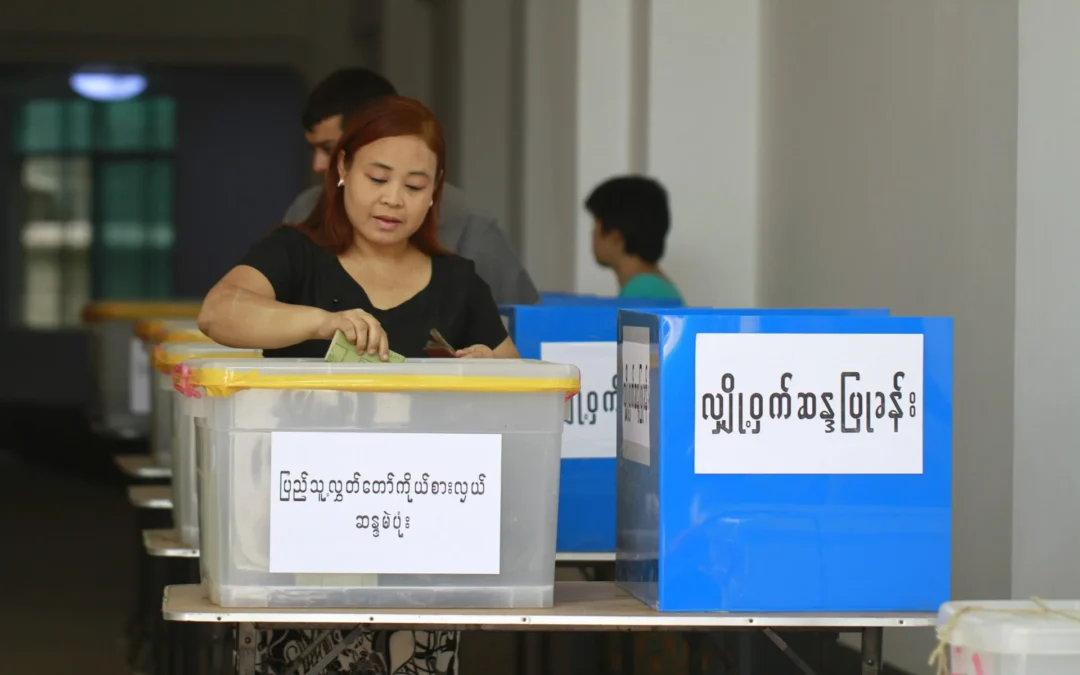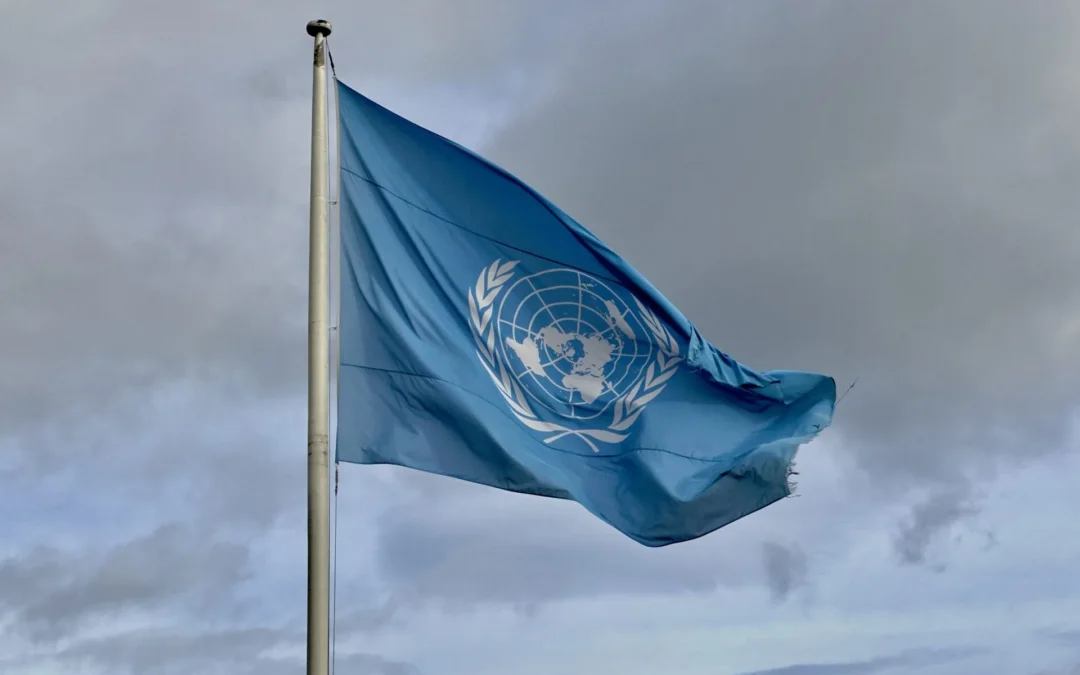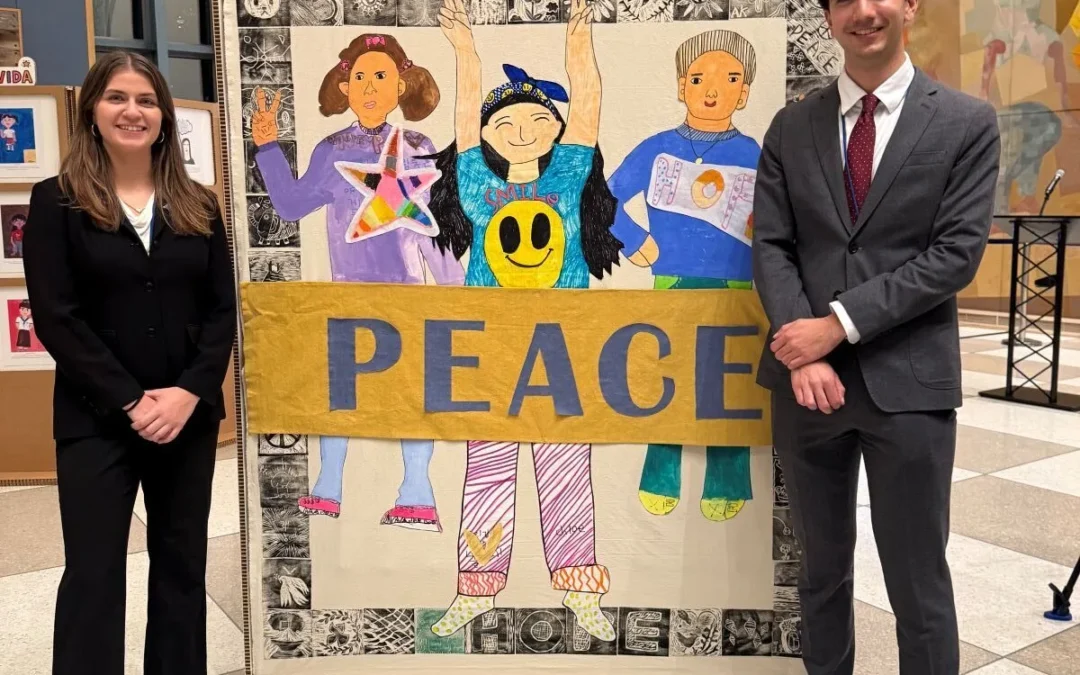On 25 September 2009, the Leaders of the G20, at their annual Summit (Pittsburgh, Pennsylvania, USA), issued a joint statement committing themselves to “Rationalize and phase out over the medium term inefficient fossil fuel subsidies that encourage wasteful consumption”.
Over the next several years, the G20 members themselves conducted an exercise in self reporting of their fossil fuel subsidies and reform commitments. Those efforts achieved limited success, with variable degrees of transparency and levels of ambition. (See the two reports by Doug Koplow from November 2010 and June 2012.) By early 2012, however, the OECD had launched its Inventory of Estimated Budgetary Support and Tax Expenditures for Fossil Fuels, which provided far more details than were available in the G20 Members’ self reports.
That the G20 should conduct voluntary peer reviews of their reform efforts was proposed by the OECD during Russia’s presidency of the G20, in 2013. The OECD had long and generally positive experiences with peer reviews, so it was a logical tool to recommend. The proposal was accepted and formally established in paragraph 94 of the G20 Leaders’ Declaration issued during their 2013 Summit (6 September 2013, St Petersburg, Russia):
“We reaffirm our commitment to rationalise and phase out inefficient fossil fuel subsidies that encourage wasteful consumption over the medium term while being conscious of [the] necessity to provide targeted support for the poorest. We welcome the efforts underway in some G20 countries as described in the country progress reports. We welcome the development of a methodology for a voluntary peer review process and the initiation of country-owned peer reviews and we encourage broad voluntary participation in reviews as a valuable means of enhanced transparency and accountability. We ask Finance Ministers to report back by the next Summit on outcomes from the first rounds of voluntary peer reviews.”
Almost two and a half years would pass, however, before the first in-person peer review — that of China — took place, in April 2016 (Beijing), followed by that for the United States (Washington, D.C.) a month later. Subsequent peer reviews were also done in pairs: Germany and Mexico (Berlin, January 2017), and Indonesia (Jakarta, December 2017) and Italy (Rome, October 2018). During the years in which these G20 members underwent peer reviews, two of them held the rotating presidency of the G20: China (2016) and Germany (2017).
The process of the reviews
The review process involved several steps. The first step required that two of the G20 members agree to both undergo peer reviews during the same year. Each member would then lead the review of the other. The reviewed countries would typically invite experts from G20 member economies that were also due to be reviewed in a subsequent round, as well as those who had been reviewed in a previous round. The reviewed member would then also typically invite one or more intergovernmental organisations (in addition to the OECD) to form part of the team. China, for its review, invited an expert from the International Monetary Fund (IMF). Indonesia invited experts from the World Bank, and both Indonesia and Italy invited experts from one or more experts from the International Energy Agency (IEA) as well as non-governmental organisations. The full list of participants is included in each published peer review.
The next step was for each reviewed G20 member to prepare a “self review” or “self report” setting out what support measures it provided to fossil fuel producers or consumers (usually both), identifying which of those measures it deemed to be “inefficient” according to its own interpretation of the term, and what plans it had, if any, to eliminate or reform those support measures. The OECD Secretariat, in consultation with the review team members, would then do an initial reading of those self reports and prepare a list of questions to ask during the in-person stage of the review and circulate it to the review team. Once agreement on those questions was reached among the review team, they would be sent on to the G20 member under review.
During the in-person phase of the review, which typically took place over the course of one to three days, the reviewed G20 member would bring in experts on each aspect of government support, usually from the ministry or state-owned enterprise responsible, to give brief remarks and then answer the team’s questions. Generally a more impromptu dialogue would then take place.
Following the in-person phase, the OECD Secretariat would prepare the first draft of the peer review report and then circulate it to other members of the team. After incorporating comments and revisions suggested by the team members, the Secretariat would submit the draft report to the reviewed G20 member for comments, which were usually of a technical nature. Once all parties agreed on the text, the report would be made public.
The once and future G20 peer reviews
No G20 peer reviews of fossil fuel subsidies have taken place since those for Indonesia and Italy. Argentina and Canada did announce in 2018 (during Argentina’s presidency of the G20) that they would undergo peer reviews, and France and India then shortly thereafter announced their commitment to follow suit. The reviews of Argentina and Canada were originally intended to take place in 2019, but delays pushed back the schedule. Then the Covid-19 pandemic put paid to those plans, at least for 2020 and 2021. But the review process appears to have since been abandoned, including for France and India.
The Netherlands, which is not a member of the G20 (but has been an “Invited Guest Country” under several G20 presidencies), in 2018 also volunteered to undergo a peer review similar to that of the G20 economies. That review took place in 2019, facilitated by the OECD and the IEA, and its report was published in September 2020 under the title The Netherlands’ Effort to Phase Out and Rationalise its Fossil-Fuel Subsidies.
Whether the peer reviews will be revived at some date in the future remains to be seen.







